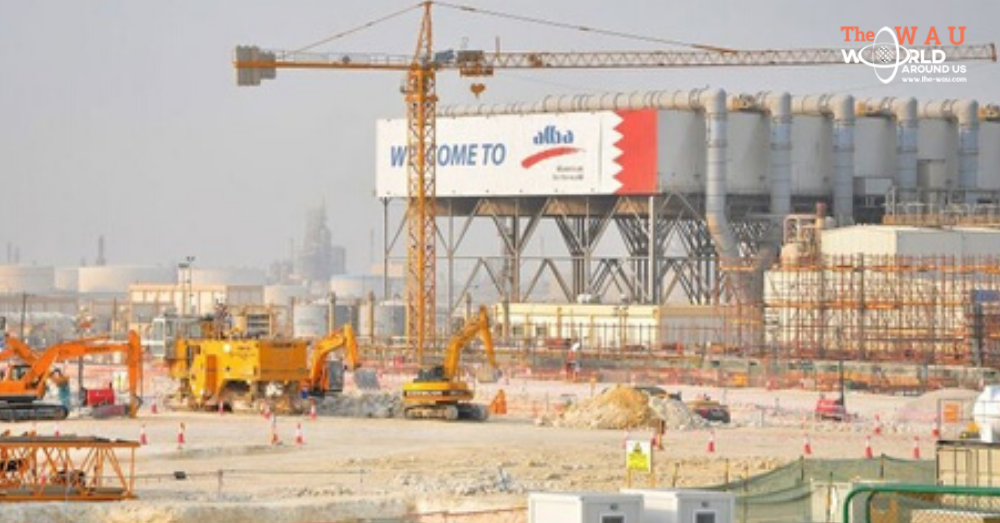The entire world is looking at ways to combat climate change and help minimise the impact that humans have on the environment. One way some industries have approached this is to simply cut down on the number and size of projects they undertake. This isn’t an option for the construction industry, unfortunately, as no matter what country they operate in there is a huge need for more buildings, either for habitation or as a place of work. One of the places that this is most true for is Bahrain. Situated so close to Saudia Arabia yet without the hustle and bustle associated with life there, Bahrain has quickly become the location of choice for ex-pats and diplomats who are working in and around the surrounding area.
With a high demand for new homes and commercial properties, construction companies have had to find a way to meet the demand while lessening the amount of waste and emissions their projects produce. This can be done in a number of different ways but they mostly focus around lowering the waste and increasing the efficiency of the project.
A simple measure to take that can have knock-on effects on every aspect of a construction project and the consequences of that project on climate change are to use recycled concrete. By using crushed and recycled concrete in place of new aggregate there are countless benefits that have far-reaching consequences for combating climate change. From something as seemingly inconsequential as fewer trips to a landfill to the preservation of aggregate material and the reduction in mining that this leads to, there is a multitude of reasons that the Bahrain Construction Industry is shifting towards recycled concrete.
The use of an on-site crusher can help make a huge difference in terms of carbon emissions from transporting the debris somewhere else. By crushing the concrete on the demolition site you can either use it on-site for the construction project that follows or move it to a storage facility or company that does intend to reuse it in fewer trips, lowering the number of trucks required to transport it. An on-site crusher also gives the construction company freedom of choice in how they want to use the crushed recycled concrete, by changing how finely the concrete is crushed it can even be reused as aggregate in the creation of new concrete.
It’s this creation of new concrete that holds a huge potential in terms of combating climate change and lowering carbon emissions. When recycled crushed concrete is used as aggregate instead of mining for more the reduction isn’t just in terms of costs of buying new aggregate but it also reduces the massive impact that mining for gravel and other aggregates can have on the environment itself. Mining stone and gravel is a huge undertaking that results in the usage of huge amounts of coal, oil, and gas as well as the water used in the refining process. On the other hand, recycling one ton of cement would save around 1,360 gallons of water and 900 kg of CO2. These numbers can add up quickly, making a huge dent in the consumption of water and production of CO2 for the construction industry.
Recycling of crushed concrete also lowers the burden on landfills, which is essential considering Bahrain produces the most waste per person out of all GCC countries. Landfills, in general, are becoming something that are increasingly hard to source as they slowly fill up and the space required to create one becomes more difficult to find. Once placed in a landfill, the concrete would just sit there as its degradation rate is incredibly low and it takes up a lot of space. By removing the need to visit a landfill, lowering carbon emissions, and reducing the amount of concrete placed into landfills, saving space in landfills for things that will biodegrade more efficiently, recycling concrete has an impact throughout the chain of production.
As the Bahrain construction industry has shifted towards using crushed recycled concrete in order to help combat climate change, there has been a definite shift in the approach the industry has taken. Lowering emissions has helped in many places to lower costs as well as create jobs making for an air of positivity around the Bahrain construction industry that is looking forward to the future and the innovations that are just around the corner.
Share This Post















